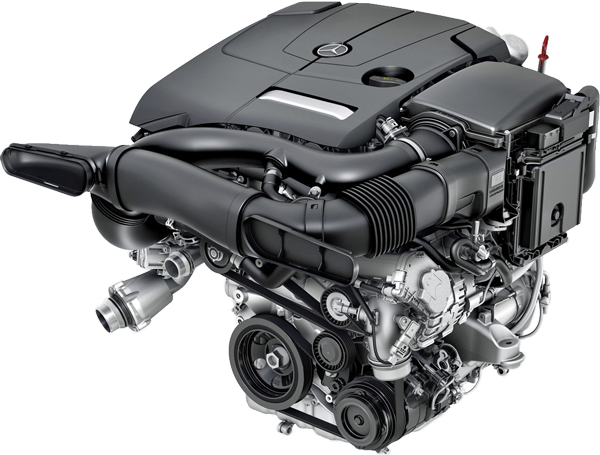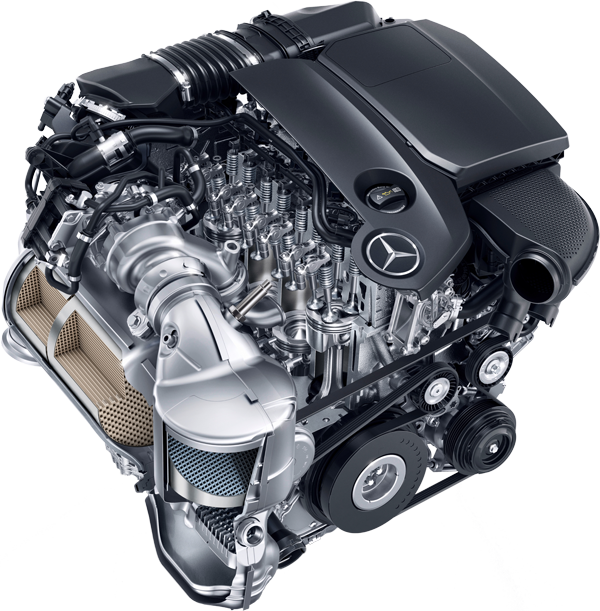The Comparative Analysis :
Mercedes E 200 7G-TRONIC PLUS (13 - 15) vs. Mercedes E 220 d 9G-TRONIC (18 - ..)
€ 45,000

€ 47,500

€ 45,000
Base Price ⓘBase price of a new vehicle with standard equipment in Germany at market launch.
€ 47,500
ⓘBase price of a new vehicle with standard equipment in Germany at market launch. Price Info
Vehicle Dimensions
The dimensions of these vehicles differ a little. The E 200 is 4.4 cm shorter, 0.2 cm wider and 0.6 cm taller than the E 220 d.
E 200
E 220 d
1474
1854
2071
1468
1852
2065
1854 mm
Width
1852 mm
2071 mm
Width Incl. Mirrors
2065 mm
1474 mm
Height
1468 mm
2874
4879
2939
4923
4879 mm
Length
4923 mm
2874 mm
Wheelbase
2939 mm
Vehicle Weight
E 200
E 220 d
1645 kg
Kerb Weight
1715 kg
2230 kg
Gross Vehicle
Weight
Weight
2330 kg

Weight Difference:
70 kg
4.08 %

General
E 200
E 220 d
W212
Generation
W213
Saloon
Car Body Style
Saloon
Unleaded (95 RON)
Fuel Type
Diesel

Rear-wheel drive
Drive
Rear-wheel drive

7-speed automatic transmission
Transmission
9-speed automatic transmission
Engine
E 200
E 220 d
Straight-four petrol engine with turbocharger
Engine Type
Straight-four diesel engine with turbocharger
Mercedes-Benz M 274
Engine Series
Mercedes-Benz OM 654
M 274.920
Engine Code
OM 654.920


4
Valves
4
4
Cylinders
4
1991 CC
Engine Capacity
1950 CC
181 bhp
at 5500 rpm
Power
191 bhp
at 3800 rpm
E 200
181 bhp
191 bhp
E 220 d
300 NM
at 1200 rpm
Max. Torque
400 NM
at 1600 rpm
E 200
300 NM
400 NM
E 220 d
Performance
E 200
E 220 d
145 mph
Maximum Speed
149 mph
7.9 sec
Acceleration 0 to 62 mph
7.3 sec
62 mph
62
mph
mph
110 m
0.000 sec

E 200
62 mph
62
mph
mph
101 m
0.000 sec

E 220 d
▶ REPLAY
9.09 kg/bhp
Weight-to-Power Ratio
8.98 kg/bhp
E 200
9.09 kg/bhp
8.98 kg/bhp
E 220 d
Fuel Economy / Emissions
E 200
E 220 d
Fuel Economy
49 mpg
combined
63 mpg
E 200
49 mpg
63 mpg
E 220 d
38 mpg
city
54 mpg
59 mpg
motorway
71 mpg
59 L
Fuel Tank Capacity
50 L
632 mi
Range
690 mi
E 200
632 mi
690 mi
E 220 d
Environmental Impact
109.9 kWh
Total Energy Consumption
per 100 miles ⓘThe total energy consumption per 100 miles is the amount of energy consumed by a vehicle when burning fuel or using electricity per 100 miles (final energy), and the energy required to produce the appropriate amount of fuel or electricity (primary energy).
per 100 miles ⓘThe total energy consumption per 100 miles is the amount of energy consumed by a vehicle when burning fuel or using electricity per 100 miles (final energy), and the energy required to produce the appropriate amount of fuel or electricity (primary energy).
92.5 kWh
E 200
109.9 kWh
92.5 kWh
E 220 d
Euro 6b (NEFZ)
Emission Standard
Euro 6d-TEMP
135 g/km (NEFZ)
CO2 Emissions
139 g/km (WLTP)
Practical Convenience
E 200
E 220 d
4
Doors
4
5
No. of Seats
5
585 kg
Maximum Payload
615 kg
540 L
Boot Capacity
540 L










No data
Boot Capacity (Seats Down)
No data






















